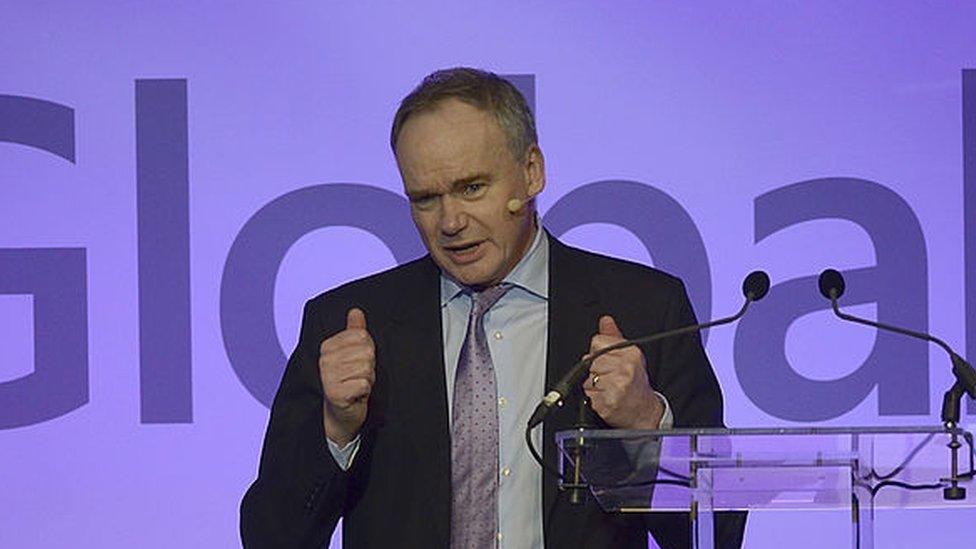Education publisher Pearson to phase out print textbooks
- Published
- comments

The world's largest education publisher has taken the first step towards phasing out print books by making all its learning resources "digital first".
Pearson said students would only be able to rent physical textbooks from now on, and they would be updated much less frequently.
The British firm hopes the move will make more students buy its e-textbooks which are updated continually.
"We are now over the digital tipping point," boss John Fallon told the BBC.
"Over half our annual revenues come from digital sales, so we've decided a little bit like in other industries like newspapers or music or in broadcast that it is time to flick the switch in how we primarily make and create our products."
The firm currently makes 20% of its revenues from US courseware, but has been struggling as students increasingly opt to rent second-hand print textbooks to save money.
To counter this Mr Fallon said Pearson would stop revising print books every three years, a model that has dominated the industry for 40 years.

Mr Fallon at the 'Microsoft in Education Global Forum' in 2014
It means that next year the firm will only update 100 of its 1,500 titles in print - down from 500 in 2019.
"There will still be [print] textbooks in use for many years to come but I think they will become a progressively smaller part of the learning experience," Mr Fallon said.
"We learn by engaging and sharing with others, and a digital environment enables you to do that in a much more effective way."
Digital textbooks can be updated responsively and also incorporate videos and assessments that provide students with feedback.
However, many of Pearson's digital products are sold on a subscription basis, raising fears that authors will lose out in the way musicians have to music streaming services.
Mr Fallon denied this, saying the firm's plans would provide authors with "a more sustainable income over time".
He added: "For the Netflix and Spotify generation, they expect to rent not own."
Pearson has been going through a painful turnaround after years of falling sales and profits, but appeared to have turned a corner in 2018.
Its underlying sales rose 2% in the first quarter of 2019, although the firm admitted revenue in its US business could fall by as much as 5% this year.
Mr Fallon said its plans for textbooks would begin in the US, but in time be extended to other markets including the UK.
- Published8 August 2018
